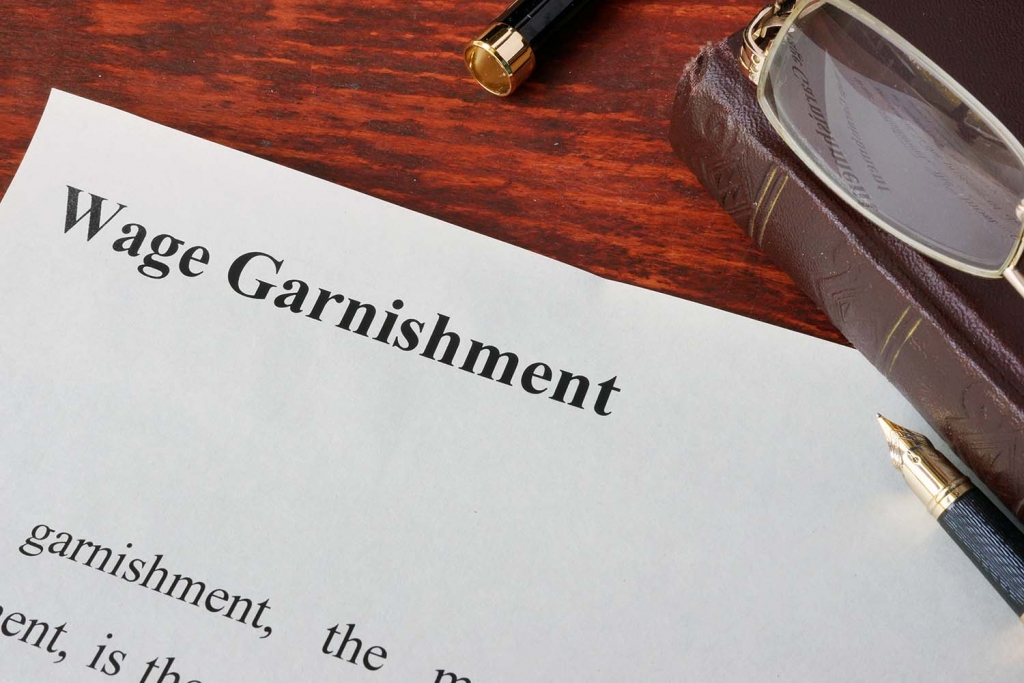Arizona Garnishment Laws Concerning Debt
If you’re struggling with debt, you might have heard the term wage garnishment. This is a method of debt collection used by some creditors to pursue debt that you owe to them, especially once you have missed a number of payments to them. Wage garnishment does have a negative effect on your credit, and your employer is also notified when your wages are garnished. Your resulting reduced income can force you to accumulate even more debt. When you are threatened with wage garnishment, it’s time to talk to an experienced Arizona bankruptcy attorney to find out what recourse you can take.
What Is Wage Garnishment?
In wage garnishment, one of your creditors has filed a Writ of Garnishment to get up to 25 percent of your wages paid directly to them in order to pay off your debts. It is one of the main reasons that Arizonans file for bankruptcy. The length of time of a wage garnishment is dependent upon how much you owe the creditor(s) who have filed for the garnishment, as well as your income. The higher the amount of debt you owe and the lower your income, the longer it will take to pay off debt associated with wage garnishment. You might also be charged your creditor’s attorney’s fees as well as interest, increasing the amount you must pay, and the length of time it takes to pay it off, by even more.
How Much Wages Can Be Garnished from My Paycheck?
In general, it is customary that creditors will not garnish more than 25 percent of your wages. The amount of wages garnished from your paycheck depends upon the type of debt you owe. For example, student loans can be garnished at a rate of 10 percent of your wages. Garnishments for other government agencies, like taxes you owe, are limited to 15 percent of your wages. If you owe domestic obligations, such as child support or spousal support, however, your wages can be garnished at a much higher rate. In the state of Arizona, if you owe domestic obligations, conditions can be met that cause the state to garnish your wages up to 50 percent or even higher. If you have not gained any new dependents through another marriage or having a child, your wages can be garnished up to 60 percent for domestic obligations. If you are more than 12 weeks behind on domestic obligations, five percent can be added to the garnishment.
Will I Be Notified If My Wages Are About to Be Garnished?
One of your creditors will send you a summons, giving you a date to respond or appear in court, when the process of wage garnishment is being considered as a way to repay debt. Without a good Arizona bankruptcy attorney on your side, the chances of creditors securing a judgment against you are much higher. When this happens, your creditor can request a Writ of Garnishment. Once that document is served upon your employer, the wage garnishment will be taken from your next paycheck. Your employer is required, by law, to comply with the wage garnishment, and can be reported to the authorities by your creditor if they try to refuse.
How Can I Stop a Wage Garnishment?
If you are summoned for a wage garnishment, you will be given the opportunity to dispute the amount owed during the judgment process. Once the matter proceeds to a wage garnishment, your options will be limited. The only way to stop a wage garnishment, besides paying the debt in full, is through declaring bankruptcy. An Arizona bankruptcy lawyer is necessary in this situation to help you decide what is in your best interests. Contact us today!

